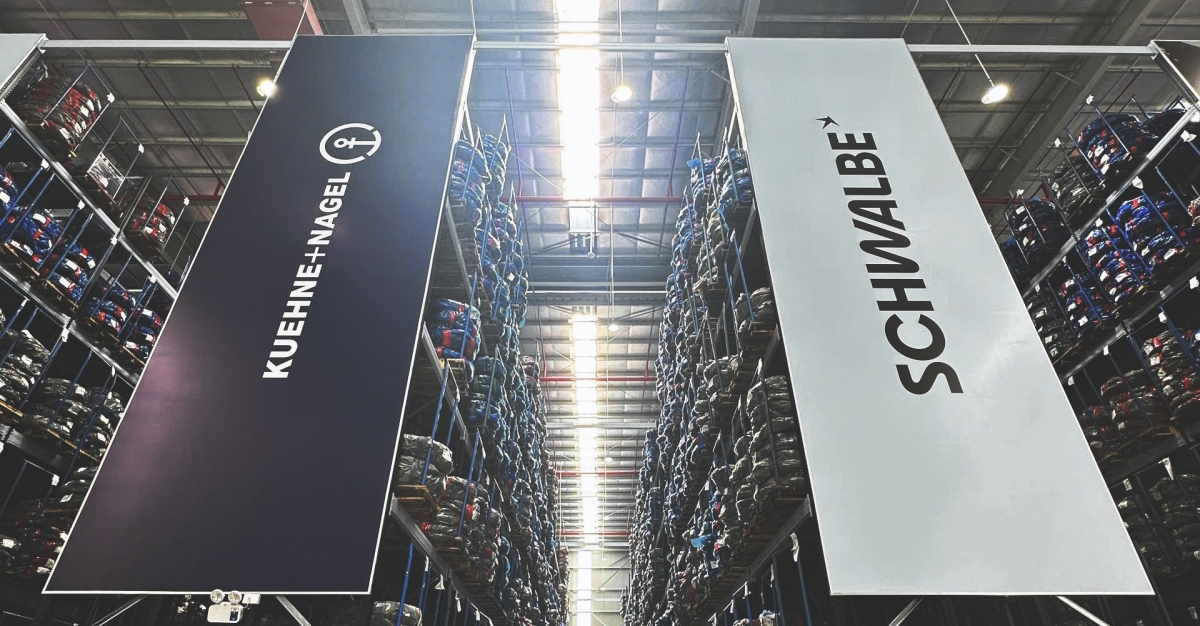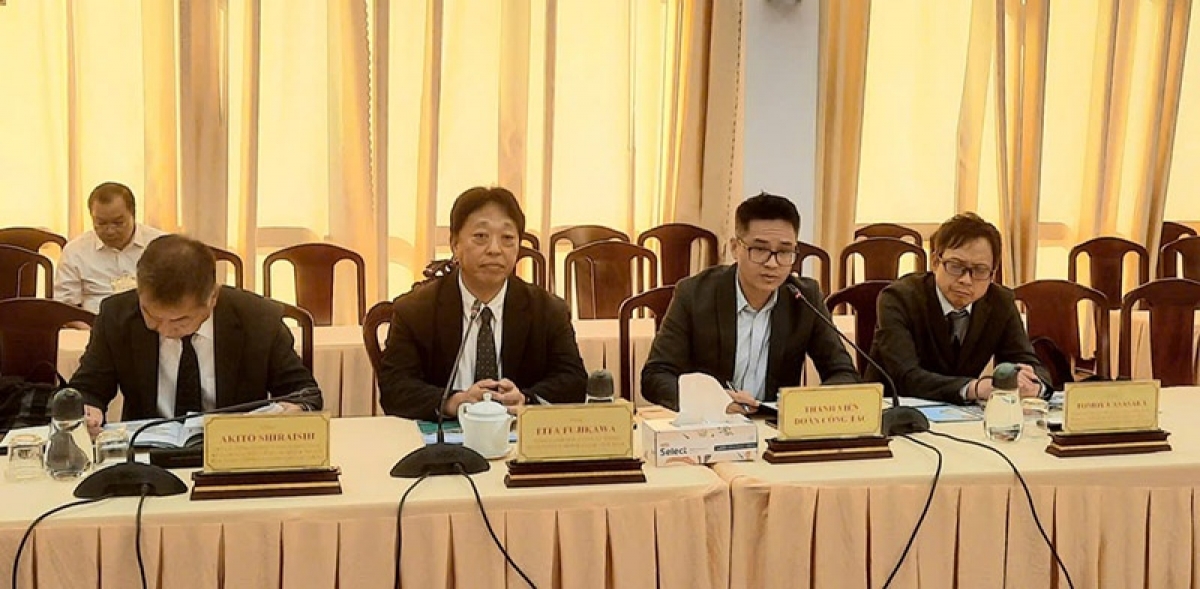INTERNATIONAL INVESTMENT
AND PORTAL
Processing and manufacturing are holding the attention of overseas investors in Vietnam, with new funding expected to come from Europe. Alain Cany, chairman of the European Chamber of Commerce in Vietnam, talked to VIR’s Bich Thuy about the future of European investment in this area, driven by the country’s climate change commitments.
What are the key investment trends among European businesses in the processing and manufacturing sector in Vietnam?
 Alain Cany, chairman of the European Chamber of Commerce in Vietnam
Alain Cany, chairman of the European Chamber of Commerce in Vietnam
A greener economy is the most important trend in processing and manufacturing going forward. Prime Minister Pham Minh Chinh’s courageous climate change commitments will require Vietnam’s total green transformation. Europe is well-suited to aid Vietnam in this journey because European countries have been at the forefront of the drive towards a green economy for decades.
Vietnam has the need, while European investors have the expertise and technology needed to achieve a green transformation, so European businesses are well-suited to play a leading role.
In this context, we will host the three-day Green Economy Forum and Exhibition (GEFE) in Ho Chi Minh City at the end of November. This event will bring together all of Vietnam’s green stakeholders, including European and Vietnamese government decision-makers, business leaders, academics, students, and the public.
It will promote business-to-business and business-to-government dialogue, offering a platform where all stakeholders can be actively involved in finding and applying green solutions in Vietnam. GEFE 2022 will help make sure we do our part to help Vietnam achieve its commitments by contributing European solutions and innovations.
How are EuroCham member companies in the processing and manufacturing sector benefiting from the EU-Vietnam Free Trade Agreement (EVFTA)?
For many companies, 2021 was a very challenging year that featured supply chain disruptions, impacted overall demand, and led to substantially higher logistics costs. This hurt the bottom line of companies throughout the processing and manufacturing industry. Despite this, we have been trending towards a strong recovery.
Business leaders are now confident about Vietnam’s new normal trade and investment environment, with EuroCham’s Business Climate Index, our regular barometer of European business leaders, increasing by 42 points to 61 in January.
The investment environment and trade volume are both moving in the right direction with the implementation of the EVFTA as well. Post-EVFTA implementation, 2021 saw a 14.8 per cent increase in trade between the EU and Vietnam, reaching $63.6 billion. Moving forward, the impact of the EVFTA will be felt more and more among EuroCham members as well as other domestic and foreign businesses.
Foreign-invested manufacturers in Vietnam are facing challenges in hiring the needed talent for growth, with digital skills being among the highest demands. Are EuroCham member companies facing the same situation?
The IT industry is nowadays essential to all sectors. All companies must establish and maintain a reliable and knowledgeable IT department. This requires a team with a wide spectrum of expertise, from business analysts ensuring the adequacy of IT services in terms of business needs, to technical professionals responsible for configuration, as well as customer support with data-savvy staff able to make the most of massive datasets.
Hiring cybersecurity experts is even more demanding. As the complexity of systems soars, the need for ensuring the safety of digital assets is a daunting challenge. Everywhere in the world, building a team with this array of skills is extremely difficult and expensive.
By Bich Thuy



















